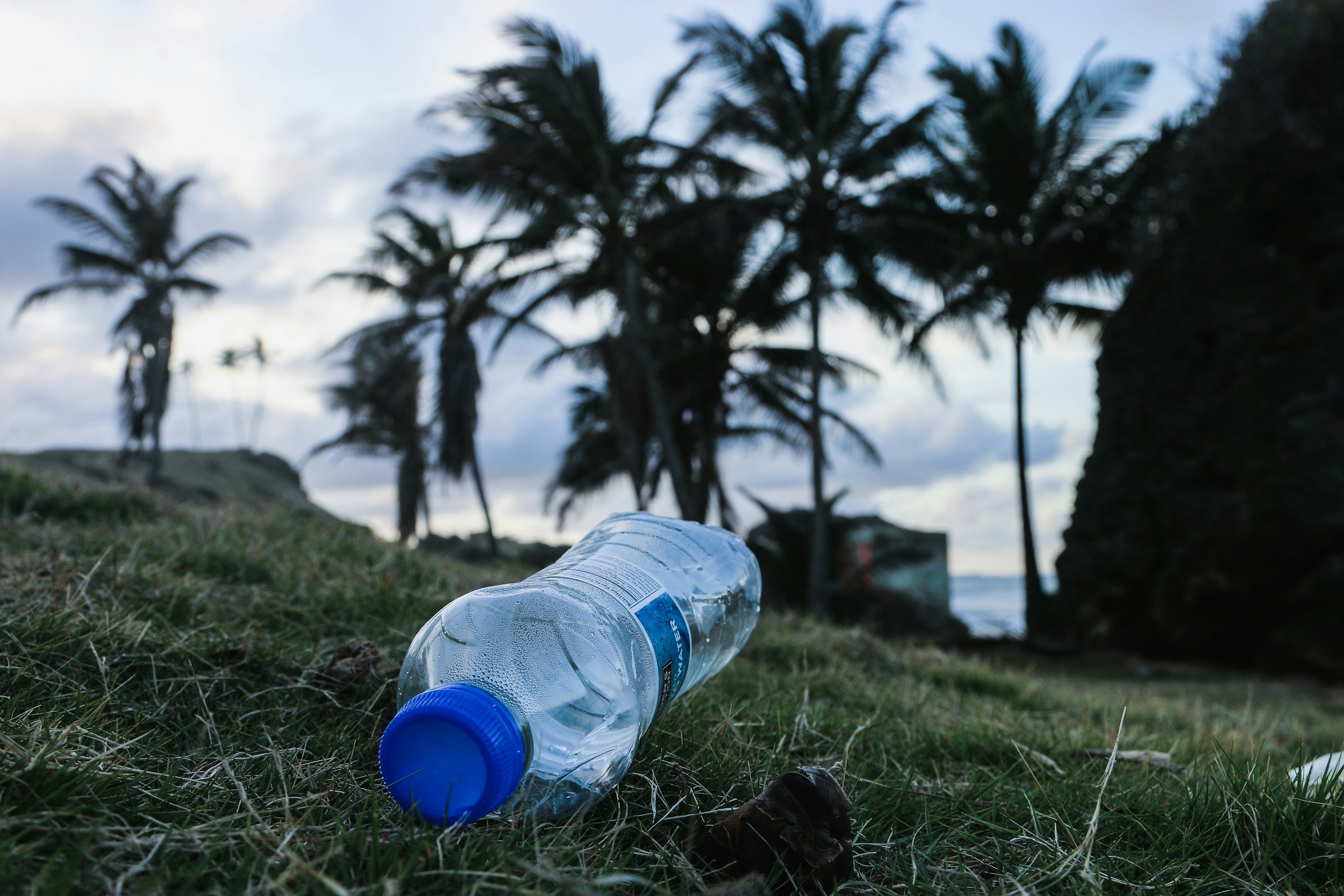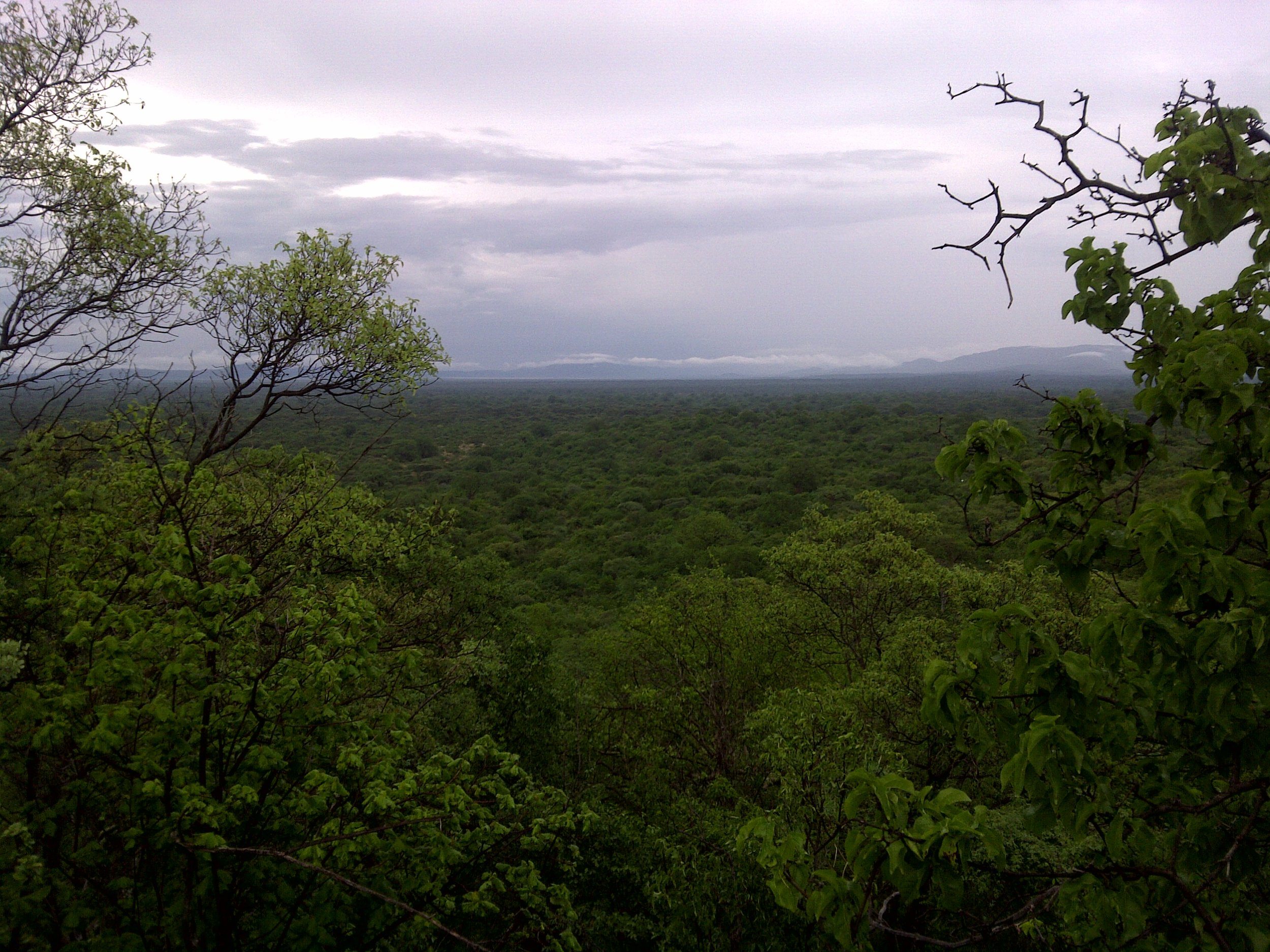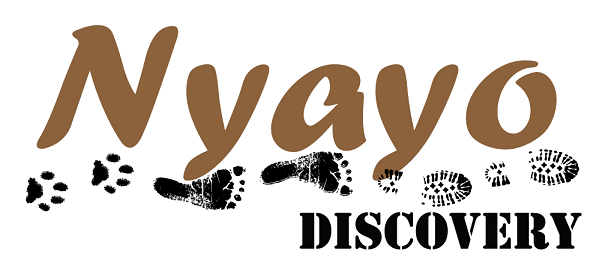Join a community led project and become part of the team by including a community-service activity with your tour or program.
We offer several opportunities to lend a helping hand, whether it's helping a Maasai women's group re-plaster their cultural centre or collecting rubbish from a coastal village. None of our service packages require a professional level of expertise so you can be sure you are not taking opportunities away from those who need them.
Community-service activities change depending on need so contact us for more information.

RE-PLASTERING CULTURAL CENTRE
Community Service: RE-PLASTERING the Oltepesi Community Cultural Centre
Get stuck in with this very hands-on activity! Using traditional building techniques work alongside the women of the Oltepesi community group as they re-plaster the huts of their community centre. The plaster is a mixture of mud, water, cow dung and sometimes sand and ash. It is layered by hand on top of a wooden skeletal frame. The layers are built up gradually over several years until eventually you are left with a sturdy single story structure, where the Maasai traditionally sleep and cook. The more layers, the sturdier and more weather resistant the structure. The plaster is then repaired on a yearly basis to keep it strong.

RUBBISH COLLECTION
Community Service: Rubbish Collection in Pangani and Longido
Rubbish and the pollution associated with it is a major global issue affecting rich and poor, humans and animals, lands and oceans alike. Finding long term solutions to this problem is a massive under-taking requiring money and resources that small villages and communities in rural Africa rarely have access to.
It's not just about the physical collection of rubbish and what to do with it afterwards. It's also about educating people about the impact of rubbish left in the environment; changing attitudes and behaviours.
We have seen that when people come together with a common goal and task, no matter how small, this change can be achieved over time and with great impact.
So join in a community wide effort to clean up their villages, beaches, plains and forests. You will be collecting and sorting rubbish (necessary equipment provided), sharing experiences of dealing with rubbish and pollution from your own homes and communities as well as the impact it's had and maybe even coming up with small-scale solutions for the village.

FOREST MANAGEMENT
Community Service: Forest and Tree Nursery Management
Deforestation is happening at an alarming rate all over the world and concerted efforts to reduce deforestation have had a limited impact. Tackling deforestation requires a several pronged approach to be truly effective. One especially important approach comes from grass-roots organising and community led initiatives. When people feel connected, empowered, supported, in control and can perceive the benefits of conservation in a tangible way they are much more likely to take steps to engage in it themselves.
Pressures resulting from globalisation, poverty and unsustainable development practices have pushed people towards destroying their environment to survive instead of preserving and working with it, as many indigenous peoples are traditionally accustomed to. Drawing on traditional forest management within the maasai community in longido and traditional cash crop practices of coastal communities in Pangani, we've created community service activities which engage and encourage youth to continue these sustainable practices.
In Longido the benefits for the Maasai are simple and 3-fold:
Less deforestation of their traditional forests means more trees and therefore greenery which leads to less soil erosion and desertification.
More acacia trees means more food for their goats (which tend to be hardier and more resistant to drought than cows).
More trees is fantastic for wildlife and therefore tourism which in turn creates more income for the community, reducing their need to overuse natural resources.
In Pangani, supporting small scale planting of forest (non-timber) cash crops such as coconut palms and the lucrative cashew tree means:
More income for the community (just one mature cashew tree, for example, can provide significant yearly income for a small family) reducing their reliance on fishing
Protects forests since cashew and and coconut can be inter-planted with native species of trees and plants.
On the coast, opting for this community service activity will involve helping to plant seeds or tending to and planting out saplings. In the Maasai community, instead of planting acacia trees which requires a lot of time and resources the community don't have, you will be helping to gently prune back small low lying acacia bushes which helps them develop more quickly into adult trees.
